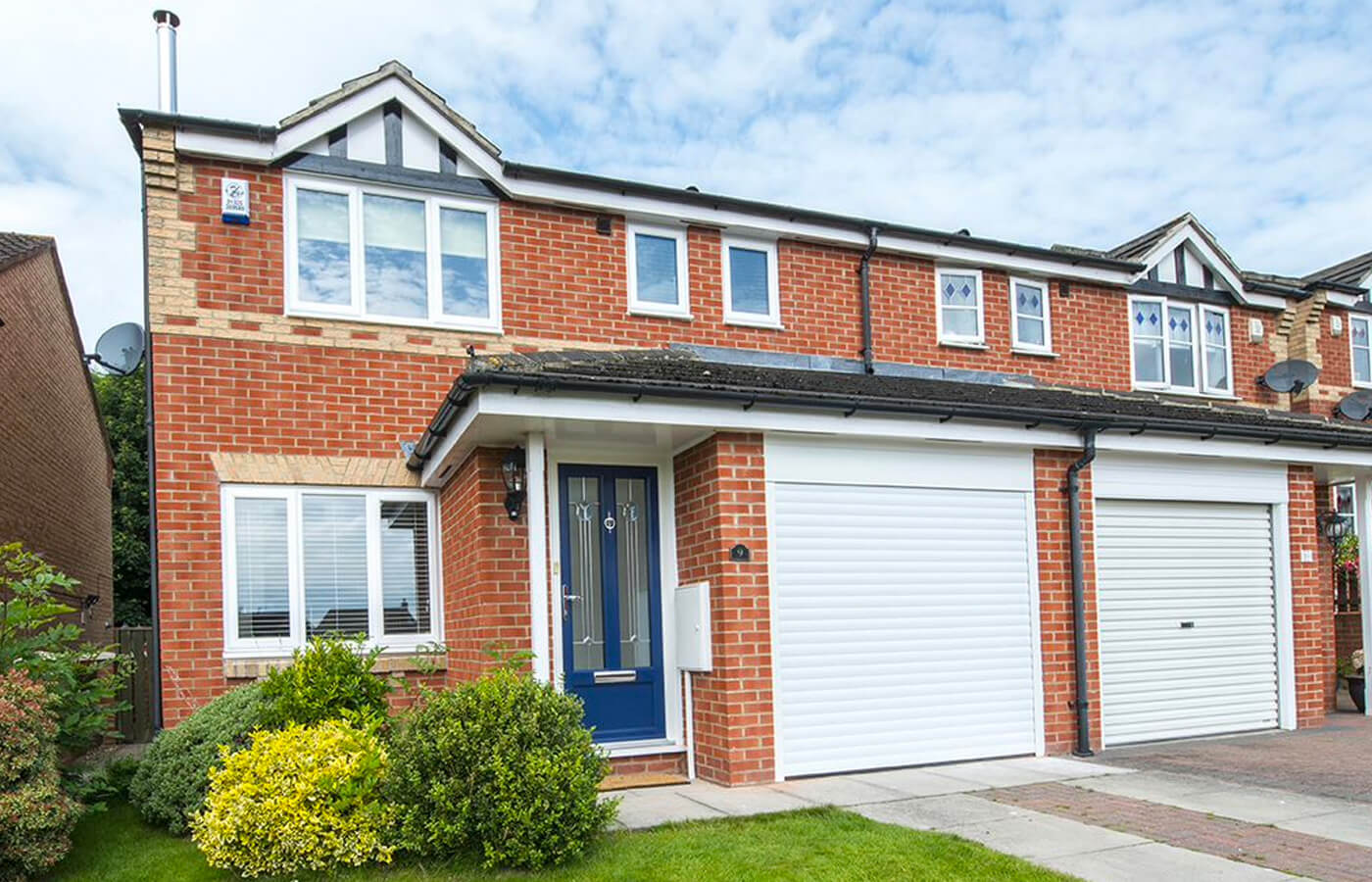UPVC (Unplasticized Polyvinyl Chloride) windows have emerged as a popular choice in modern construction and renovation projects. This article aims to delve into the properties, advantages, and applications of UPVC windows, providing a comprehensive overview for homeowners, builders, and architects alike.
The Composition and Properties of UPVC
UPVC is a rigid form of polyvinyl chloride that has been modified to enhance its durability, weather resistance, and thermal performance. Unlike traditional PVC, UPVC does not contain plasticizers, which makes it more stable and less prone to warping, cracking, or fading over time. The material is inherently resistant to moisture, corrosion, and UV radiation, making it an ideal choice for window frames in various climates.
One of the key properties of UPVC is its excellent thermal insulation capability. UPVC windows are designed with multi-chambered profiles that trap air, reducing heat transfer and improving energy efficiency. This characteristic not only contributes to a comfortable indoor environment but also lowers energy bills by minimizing reliance on heating and cooling systems.
Benefits of UPVC Windows
1. Energy Efficiency
UPVC windows are renowned for their energy-efficient properties. The multi-chambered design and the ability to incorporate double or triple glazing significantly reduce heat loss. This energy efficiency is particularly beneficial in regions with extreme temperatures, as it helps maintain stable indoor conditions, thereby enhancing comfort and reducing energy consumption.
2. Durability and Low Maintenance
One of the standout features of UPVC windows is their durability. They are resistant to rot, rust, and corrosion, which means they can withstand harsh weather conditions without deteriorating. Unlike wooden frames that may require regular painting or staining, UPVC windows are virtually maintenance-free. A simple wash with soapy water is usually sufficient to keep them looking new.
3. Noise Reduction
UPVC windows also provide excellent sound insulation. The combination of the material’s density and the insulation properties of double or triple glazing helps to minimize external noise, creating a quieter indoor environment. This feature is particularly advantageous for homes located in busy urban areas or near airports.
4. Security Features
Security is a significant concern for homeowners, and UPVC windows offer enhanced security features. Many UPVC window systems include multi-point locking mechanisms that provide a higher level of security compared to traditional window frames. Additionally, UPVC is a strong material that is difficult to break, further enhancing the safety of the home.
5. Aesthetic Versatility
UPVC windows are available in a wide range of styles, colors, and finishes, allowing homeowners to choose options that complement their architectural design. Whether it’s a modern flat or a traditional cottage, UPVC windows can be customized to fit the aesthetic preferences of any property.

Environmental Considerations
As environmental consciousness grows, the sustainability of building materials has become a critical consideration. UPVC is a recyclable material, and many manufacturers have implemented recycling programs to ensure that old UPVC windows can be processed and reused. Furthermore, the energy efficiency of UPVC windows contributes to lower carbon footprints, making them an environmentally friendly option.
Applications of UPVC Windows
UPVC windows are versatile and can be used in various applications, including residential, commercial, and industrial buildings. Their durability and low maintenance requirements make them particularly suitable for high-rise buildings and projects where safety and longevity are paramount.
In residential settings, UPVC windows are increasingly chosen for new builds and renovations due to their energy efficiency and aesthetic appeal. In commercial applications, they are often used in office buildings, schools, and hospitals, where sound insulation and security are essential. Additionally, UPVC windows are an excellent choice for coastal properties, where resistance to saltwater and extreme weather conditions is crucial.
Installation Considerations
Proper installation is vital to maximize the benefits of UPVC windows. It is recommended that homeowners engage professional installers who are familiar with the specific requirements of UPVC window systems. Proper sealing and alignment during installation can prevent air leakage and https://electionforecast.co.uk/clear-vision-why-glass-partitions-are-the-future-of-office-design/ ensure optimal thermal performance.
Conclusion
UPVC windows offer a multitude of benefits, including energy efficiency, durability, low maintenance, noise reduction, and enhanced security. Their versatility and aesthetic options make them suitable for a wide range of applications, from residential homes to commercial buildings.
As the demand for sustainable and energy-efficient building materials continues to rise, UPVC windows stand out as a practical and attractive choice. Their ability to improve energy efficiency while providing long-lasting performance makes them an investment that can enhance the value and comfort of any property. As technology advances and manufacturing processes improve, the future of UPVC windows looks promising, with ongoing innovations likely to enhance their performance and sustainability further.
In summary, UPVC windows represent a significant advancement in window technology, combining functionality, aesthetics, and environmental responsibility. Homeowners and builders looking for reliable and efficient window solutions will find that UPVC windows meet and exceed their expectations.







